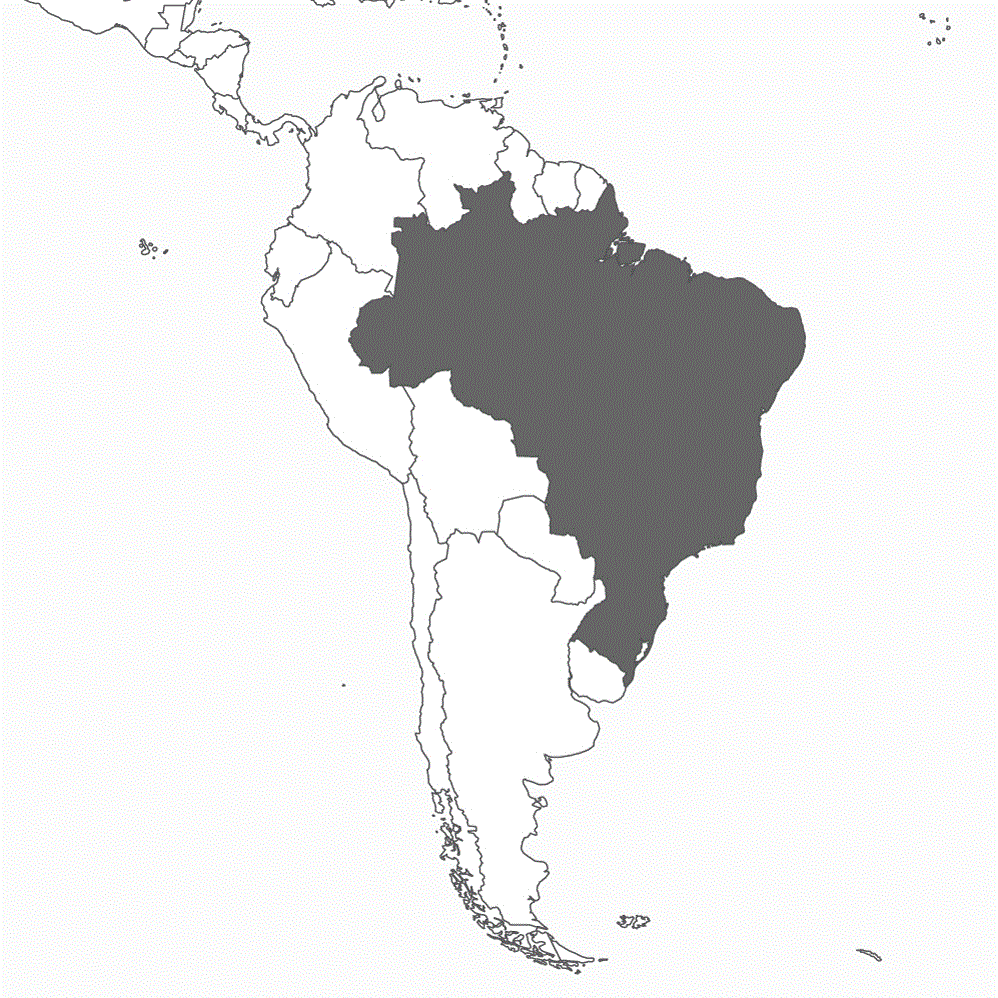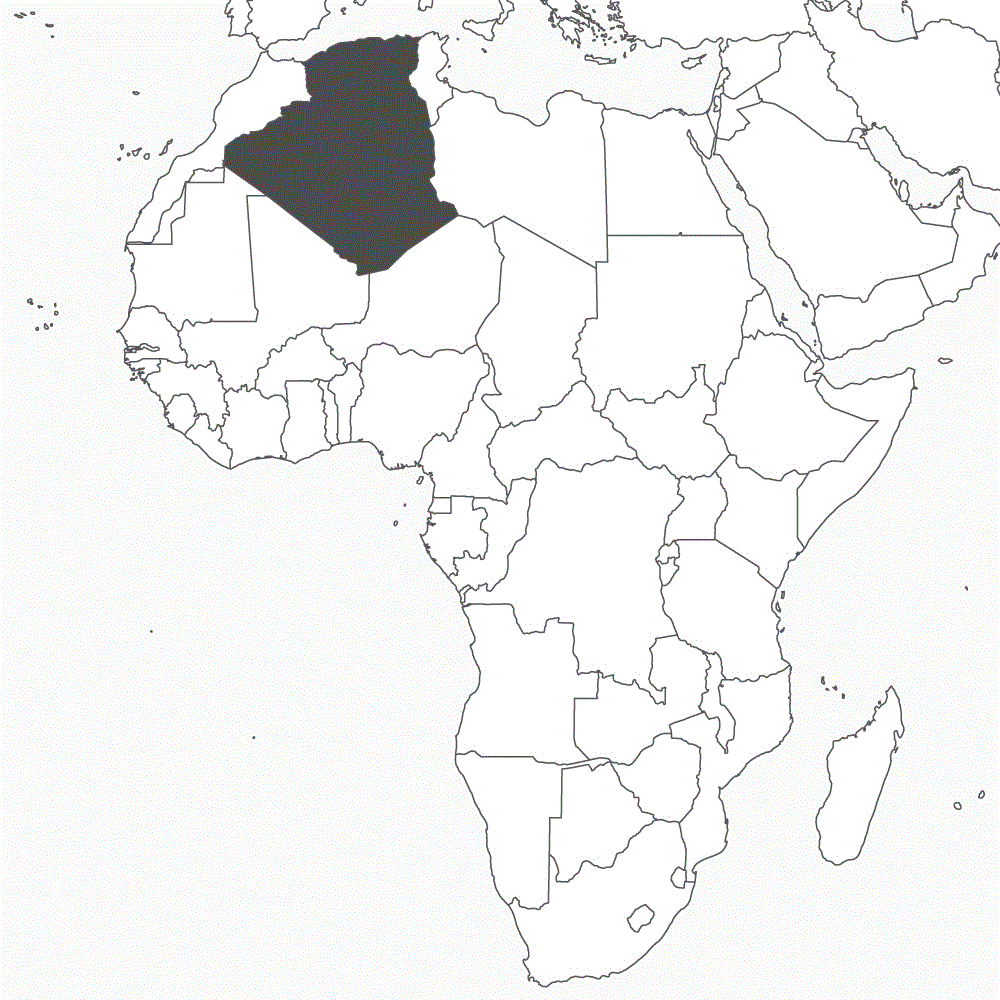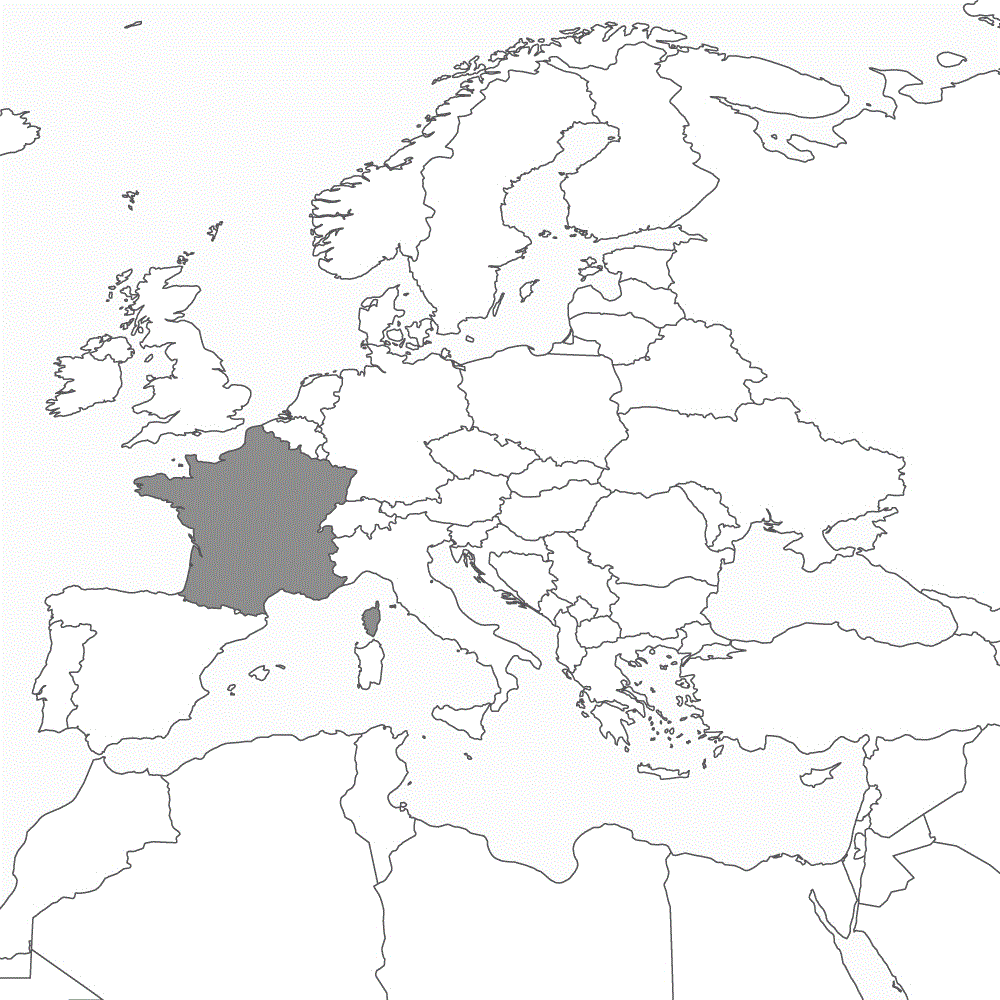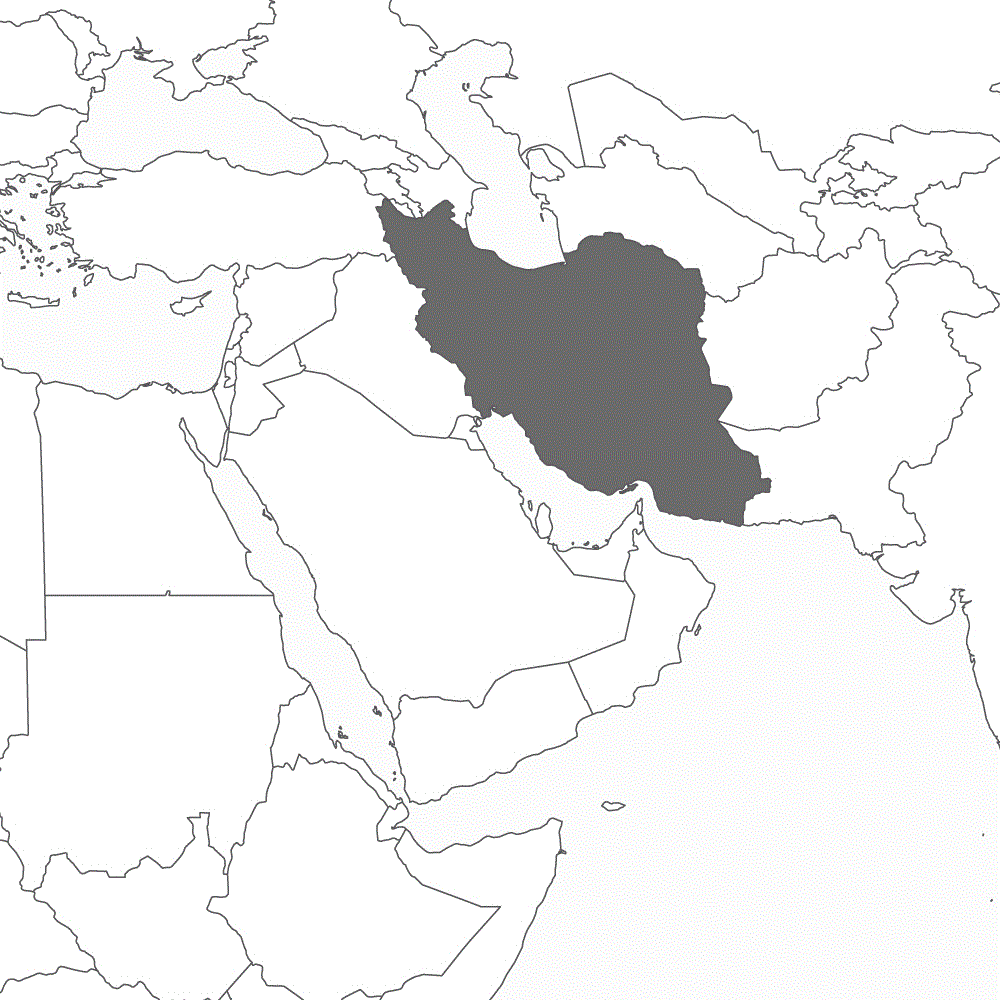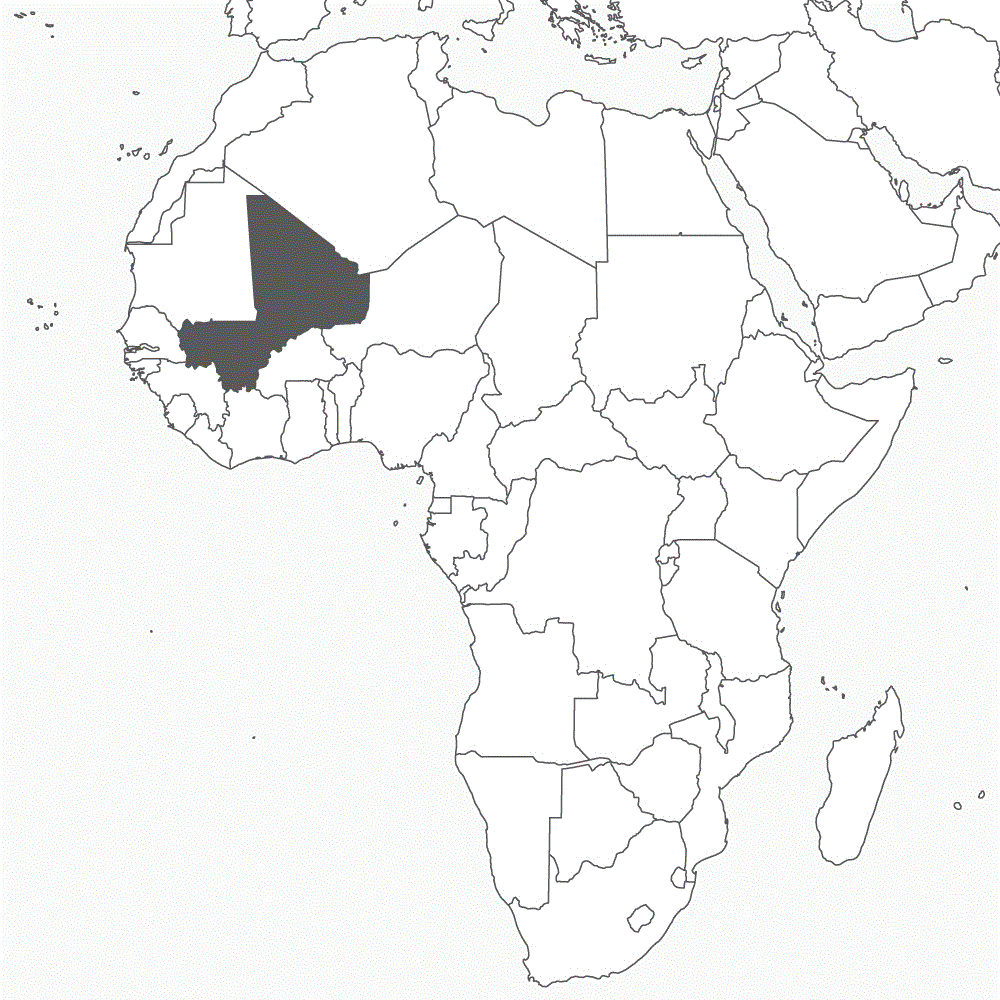BERLIN (Own report) - With a Latin America-Caribbean Conference, the German Foreign Ministry is launching a new political offensive in the struggle for influence in Latin America. Germany and the EU's influence on the subcontinent has been stagnating, while China's importance is growing. The government hopes to counteract this development by helping German companies to increase their opportunities in Latin America - and this at a time when massive protest is being raised against German companies' activities, for example, in Brazil. The Brazilian judiciary has currently taken action against the Technical Control Board (TÜV) South, for its alleged complicity in a dam burst in January of this year, killing more than 250 people. Brazilian activists are also accusing the Bayer and BASF companies of selling agricultural poisons in their country, which are banned in the EU. Over the past decade, more than 2,000 people have died in Brazil from agrochemicals. Berlin is also envisaging the inclusion of Latin American countries into NATO structures. Read more
BERLIN (Own report) - The Federation of German Industries (BDI), representing the main beneficiaries of the European integration has issued a call to vote in the European elections and for a commitment to a "strong and united Europe." The EU is a "unique realm of peace, liberty, and prosperity," writes the BDI in a joint declaration with leading French and Italian industrial associations, published yesterday. According to a recent study by the Bertelsmann Foundation, the German industry, represented by the BDI, is the EU's biggest winner, raking in 86 billion euros per year, thanks to the common market. Already last February, the Center for European Policy (cep) pointed out that Germany is the euro's biggest beneficiary: since its launch, the single currency has generated almost 1.9 trillion euros for the central power, while costing Italy 4.3 trillion. Whereas the BDI speaks of the EU in glowing terms, almost one quarter of the population living in the EU is threatened by poverty and social marginalization. Read more
BERLIN/BEIJING/WASHINGTON (Own report) - Infineon is the first German company to be caught between the firing lines of the US economic war against China. Yesterday, the Trump administration began to enforce the implementation of its boycott against the Chinese Huawei telecommunication group that it had announced just last Wednesday. The US government seeks to ruin one of China's major companies, Huawei, to prevent the continued rise of People's Republic. Infineon is now forced to halt its supplies of USA-produced components to Huawei. A serious conflict with Beijing would be fatal for the company. One-quarter of Infineon's sales are currently generated in China - significantly more than in any other country. It is also engaged in major future-oriented projects in that country. Observers warn that the Trump administration could force the German industry to choose between the USA and China - as in the case with Iran. The DAX companies generate nearly 22 percent of their sales in the USA and 16 percent in the People's Republic. It is, of course, also conceivable that the US economic war will backfire. Read more
ALGIERS/BERLIN (Own report) - In Algeria, mass protests persist against the ruling generals, who are supported by Germany. Last Friday and today, tens of thousands of protesters have taken to the streets - alone in the capital, Algiers - despite it being the month of Ramadan. New demonstrations are expected this Friday. The Algerian armed forces, which have persisted in holding power, have been supported by Germany for many years. On the one hand, Berlin is seeking to prevent refugees from arriving in Europe, and on the other, it has approved the construction of several assembly plants in Algeria for military hardware, including armored personnel carriers for the Algerian armed forces. Algeria's defense ministry is involved in these joint ventures. Beginning next year, Rheinmetall Algérie will also be permitted to assemble the Boxer armored transport vehicle. The cooperation was also inspected by the country's current strongman, Chief of Staff General Ahmed Gaïd Salah. Since some time, German government advisors have been warning that this cooperation could help consolidate the military rule. Read more
BERLIN/PARIS (Own report) - France continues to push back against German dominance in the EU. After his first open refusals to comply with major German demands, French President Emmanuel Macron has announced that he does not support Germany's candidate, Manfred Weber (CSU), as successor to European Commission President Jean-Claude Juncker. He also advocates climate policy initiatives that run counter to the interests of the German automotive industry. Macron publicly announced "confrontations" with Germany, already at the end of April. Paris is now also preparing foreign policy projects that collide with German concepts. For example, it has launched a new offensive to gain influence in Southeast Europe, a region Berlin considers its exclusive hegemonic sphere of influence. France is also turning its focus more toward North Africa. Macron can benefit from the fact that following the Brexit, Germany will no longer have a blocking minority to thwart efforts to push back Berlin's austerity dictates. Read more
BERLIN/TEHERAN/WASHINGTON (Own report) - The escalation of the conflict over Iran hampers the German government's efforts to pursue an independent global policy even contrary to US interests. Following US President Donald Trump's announcement, he would impose punitive measures on all countries planning to purchase Iranian oil, Teheran responded by declaring it may begin to enrich uranium again, if the partners of the nuclear agreement continue to breach their commitments and refuse to allow Iran to sell its goods freely. This is actually the case, due to US threats to impose punitive measures. Berlin's efforts to salvage trade with Iran by means of a barter-based financial vehicle does not bear fruit. Washington is now preparing new threats against this vehicle ("INSTEX"). Despite the de facto trade blockade in violation of the nuclear agreement, German Foreign Minister Heiko Maas is demanding that Teheran must “fully” comply with the nuclear agreement. In the meantime, US President Trump is increasing pressure with new sanctions. Read more
BERLIN/TEHERAN (Own report) - Berlin and Brussels have announced renewed efforts to try to salvage the nuclear agreement with Teheran after the escalation of the US initiated war of sanctions against Iran. Additional efforts will be undertaken to make the finance vehicle, the Instrument in Support of Trade Exchanges (INSTEX), established at the beginning of the year, operational, according to a declaration made public Saturday by the foreign ministers of the three most powerful EU nations, as well as the EU's High Representative for Foreign Affairs and Security. Other nations, "also Russia and China," are invited to join the effort. Earlier, Washington had announced it would not extend the "special permits" it had issued for the importation of oil from Iran, and would take reprisals against companies that continue buying Iranian oil. Because US policy, aimed at the collapse of Iran's government is running counter to Berlin's plans for the Middle East, the German government is striving to undermine it and promote the implementation of its own concepts. Until now, INSTEX, however, has proven inoperable. Read more
BERLIN/OUAGADOUGOU/BAMAKO (Own report) - German Chancellor Angela Merkel has announced the expansion of German military activities in the Sahel. During her trip to the region - which began Wednesday in Burkina Faso and following her visit to the troops in Gao, northern Mali, will end today in Niger - Merkel declared that the Bundeswehr will dispatch another advisory group to Burkina Faso, boosting its presence in the Sahel. The EU should intensify its support of the "G5 Sahel" intervention force. Berlin - which participates with 850 soldiers in the UN Multidimensional Integrated Stabilization Mission (MINUSMA) - is also discussing the possibility of changing MINUSMA's mandate from northern to central Mali, because the previously calm security situation has dramatically deteriorated. Massacres of members of the Peul language community have been reported, some of which were carried out with the involvement of Malian soldiers. The massacres are now spreading to Burkina Faso and experts warn that the clashes could escalate into a full-fledged ethnic war. Read more
GERMAN-FOREIGN-POLICY.com
Information on German Foreign Policy: News + Interviews + Analyses + Background
